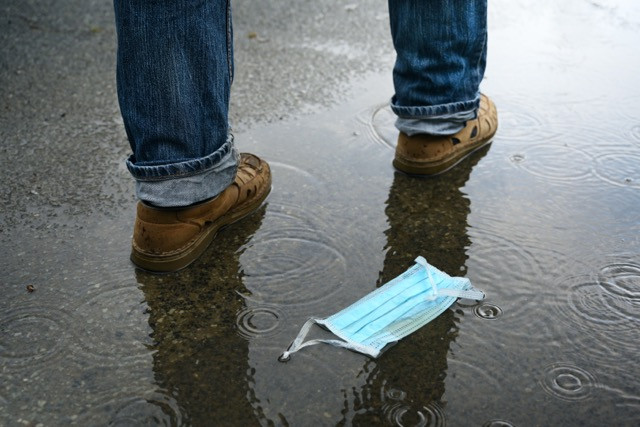Even though the government has disdained from using the terminology, a study by the University of Luxembourg concludes that the grand duchy is experiencing the start of a second wave of the coronavirus pandemic. The study, published in German on Wednesday by researchers Stefano Magni, Françoise Kemp, Ulf Nehrbass, Paul Wilmes, Jorge Goncalves and Alexander Skupin, was titled “Analysis of the number of cases of Covid-19 in Luxembourg with regard to the current situation”. The authors say that they anticipate nothing more or less than a “doubling of cases in the next 7-8 days” and “a second generalised wave”.
Even by smoothing the average of new cases week by week, in order to avoid weekend lows followed by a high number of reported infections, the researchers estimate that “the evolution of the curve corresponds to an exponential increase that can be expected at the beginning of a second wave”. Exponential growth is based on a doubling of cases every week. “Although this increase is indeed slower than at the beginning of March, it clearly indicates a second wave,” the study states.
Health minister Paulette Lenert (LSAP) had rejected talk of a second wave during her press briefing on Wednesday afternoon. “We won’t know until the wave breaks,” she said. But she apparently had not yet read the university study paper.
Meanwhile, following pressure from various sources and requests from the media for more transparency, the government on Wednesday published a map highlighting the number of reported new cases in different regions of the country between 22 June and 12 July.

A map shows the number of reported new cases per 10,000 inhabitants in Luxemburg’s cantons between 22 June and 12 July
Not surprisingly, the results indicate that the more populous southern region around the cities of Esch-sur-Alzette, Differdange and Dudelange has recorded the highest number of new infections of between 15 and 18 per 10,000 inhabitants. The capital city and the cantons of Mersch, Diekirch and Wiltz fall into a second category of between 11 and 14 new cases per 10,000. More rural areas in the far north and along the Moselle in the east seem to have escaped relatively lightly so far.
Preparations for a second wave continue. The health directorate sent a circular to doctors on Wednesday, deploring the fact that a false sense of security had “unfortunately led many people to no longer respect social distancing” and the wearing of masks.
And at Wednesday’s press conference prime minister Xavier Bettel (DP) had announced that the crisis management cell at the ministry would be reorganised in preparation of a resurgence of the pandemic in the autumn.
